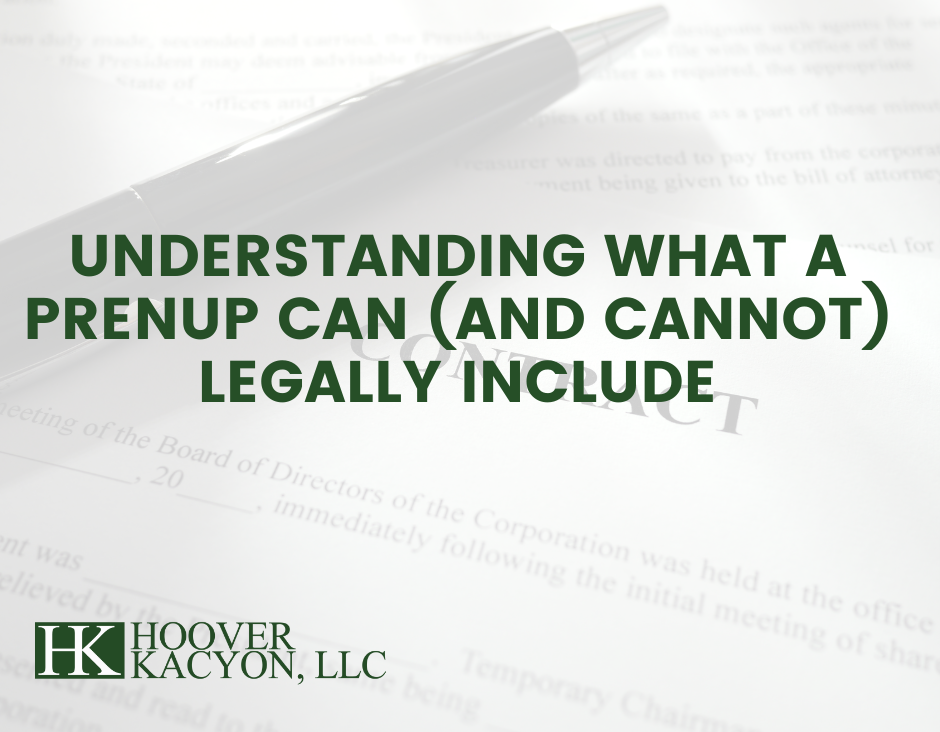
Divorce and Your Investments: Here’s What to Know
Divorce marks a significant change in life, not just emotionally but also financially. Understanding how to protect your investments through this transition is crucial to setting a stable foundation for your future. Here, we outline essential steps to help safeguard your assets and navigate the process effectively.
1. Know Your State’s Property Division Laws
State laws guide the division of assets in divorce, which generally follow either community property or equitable distribution principles. Ohio follows equitable distribution of property, which aims for fairness, not necessarily a 50/50 split. In either case, any property acquired during the marriage is typically considered “marital property” and subject to division. Knowing your state’s approach can help you prepare and plan strategically.
2. Inventory Your Assets
A critical early step is identifying all your financial and investment accounts. Even if you haven’t managed the finances before, it’s essential to familiarize yourself with account details, including types of ownership (joint or individual), balances, and access information. This step will provide a clearer picture of your marital assets and help prevent any surprises later.
3. Consider Consulting a Financial Advisor
A financial advisor can be invaluable, especially if you and your spouse have substantial investments. They can help create a marital net worth statement, calculate tax implications, and guide you through potential pitfalls. If you previously shared an advisor with your spouse, consider hiring an independent one to avoid conflicts of interest. An advisor will also help you build a post-divorce financial plan and protect your credit.
4. Update Beneficiaries
Divorce is an ideal time to review and update beneficiary designations on your investment accounts, as these take precedence over wills. Neglecting to update beneficiaries could unintentionally benefit your ex-spouse. Simply log in to your accounts or contact your financial institution to make these changes.
5. Document Contributions
In equitable distribution states, the court considers each spouse’s contributions to the marriage. If you made financial sacrifices, such as paying down debt or managing a home renovation, keep records as evidence. This documentation could strengthen your case for a fair share of the assets.
Dividing Investments in Divorce
Investment accounts, especially retirement plans, can be challenging to divide. Workplace retirement plans like 401(k)s require a Qualified Domestic Relations Order (QDRO) to allocate funds to an ex-spouse without incurring penalties. Understanding the tax implications of different account types—such as traditional IRAs versus Roth IRAs—is also important, as the long-term impact can vary.
In Essence
Divorce is undeniably difficult, but taking the proper steps can safeguard your financial future. By working with a financial advisor and understanding your rights, you can approach asset division with clarity. At Hoover Kacyon, LLC, we understand the complexities of divorce and asset protection.
We deliver the highest quality legal representation from a team of professionals while also providing excellent customer service. Call us at
330-922-4491 or
contact us online to make an appointment.
Recent Post






You Might Also Like






You Might Also Like










You Might Also Like













